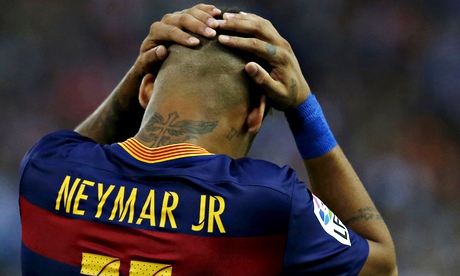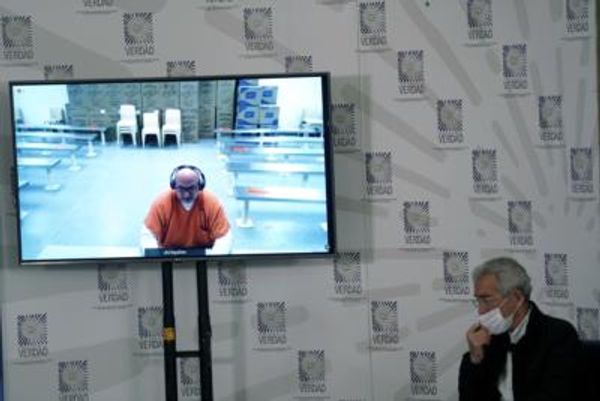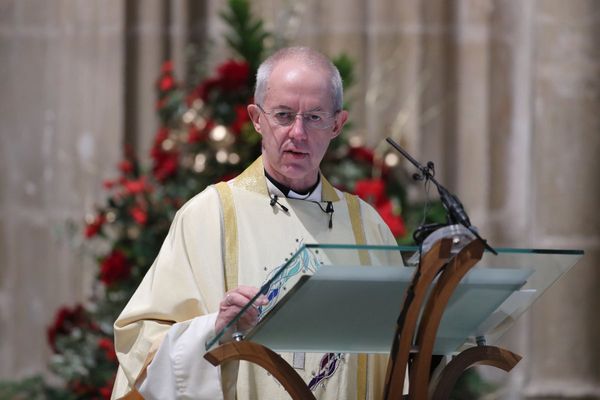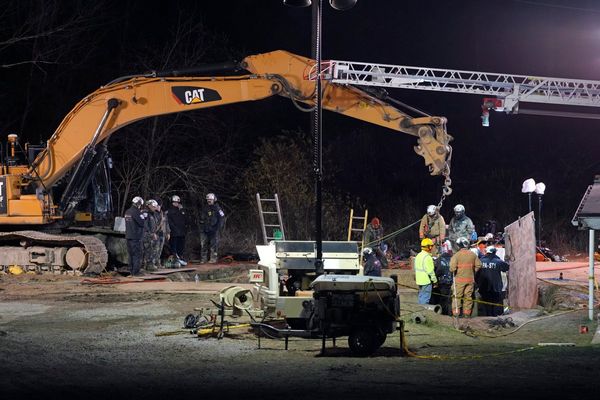
The president of Barcelona, Josep Maria Bartomeu, must provide a written response to accusations of tax fraud allegedly committed in the signing of Neymar in 2013, after the public prosecutor decided that he has a case to answer.
According to Catalunya Radio, the investigating judge in Barcelona has given both Bartomeu and their former president Sandro Rosell 20 days to respond and considers them defendants – a step that moves the case closer to court. There had been hopes at the Camp Nou that the decision to move the case from Madrid’s high court to a Barcelona court in the summer would make it less likely to go to trial.
Barcelona have not yet offered any public statement but have repeatedly declared their innocence. However, they have previously made a supplementary payment of almost €13m (£9.5m) to the Spanish tax authorities following the initial accusations in order to cover what they described as a difference in “interpretation”.
The case is based on the investigating judge’s allegation that Barcelona’s claim to have paid Santos €57.1m (then £48.6m) for Neymar was false. Instead, Barcelona were accused of having paid over €80m for the Brazil striker and making a series of different payments that the investigator considered to actually be part of the player’s salary. Prosecutors alleged that the Spanish exchequer had been defrauded of €12.7m in taxes.
Bartomeu and Rosell could face prison sentences of two years and three months, and seven years respectively, while prosecutors also want the club to face a fine of €22.2m.
Barcelona have previously said of Bartomeu: “He made it clear that it has never been his intention, nor that of the club’s executives, to aim to defraud the national tax office.”
Rosell resigned as president in January 2014, saying: “An unfair and reckless accusation of misappropriation has resulted in a lawsuit against me in the Audiencia Nacional [the high court].
“From the beginning I have said that the signing of Neymar Jr has been correct and his signing has caused despair and envy in some of our adversaries.”
Barcelona asked to move the case from the Audiencia Nacional to an ordinary court in Barcelona because the club consider the case a taxation case, not a criminal case. The authorities accepted that.







